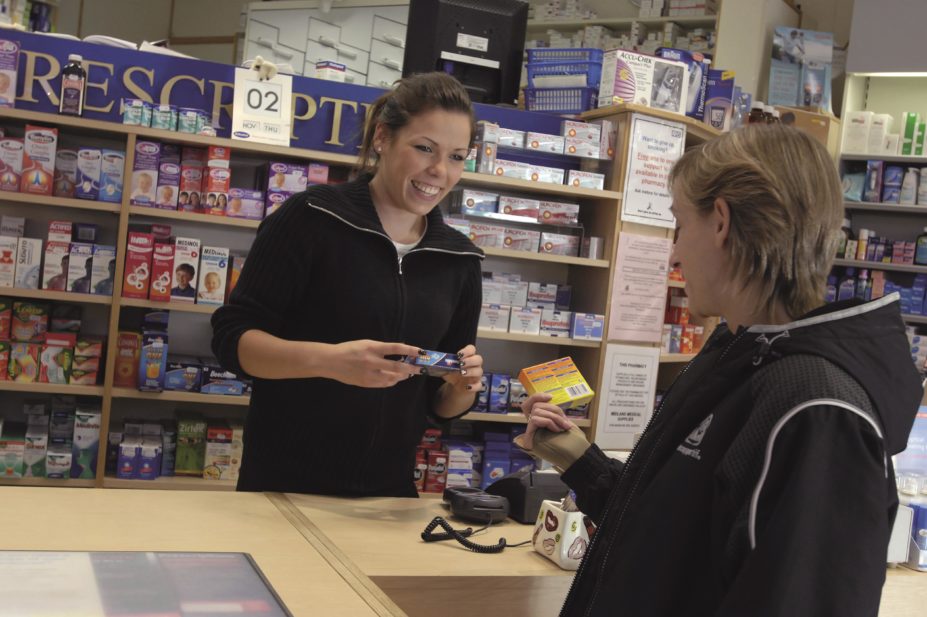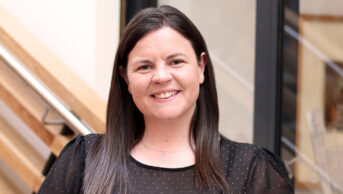
Medicimage / Rex Features
Pharmacist trainees who completed their training in the community sector are more likely to be dissatisfied with the experience, while a higher proportion of dissatisfied students trained in London, according to the profession’s regulator.
Trainees who expressed dissatisfaction with their pre-registration training were also more likely to be aged over 30 years and from an Asian or other ethnic minority group.
The conclusions are based on an analysis of findings from a survey of 904 pre-registration trainees who completed their training in 2012–2013. The survey was conducted on behalf of the General Pharmaceutical Council (GPhC).
The initial results, which were published in June 2014, revealed that 77% of the trainees were satisfied with their training experience — rating it as ‘very good’ or ‘good’ — but 11% were dissatisfied, rating their experience as ‘very poor’ or ‘poor’.
The latest analysis found that there were “significant” demographic differences between those who were satisfied and those who were dissatisfied with their training, according to ethnic origin, the sector in which the respondent completed their pre-registration training and the region where they were based.
The researchers, from the University of Bradford and consultancy firm Information by Design, found that 82% of dissatisfied trainees came from an Asian or other minority ethnic group compared with 67% of the trainees who were happy with their pre-registration training.
Some 29% of dissatisfied trainees were aged over 30 years, compared with 15% of the trainees who reported being satisfied. And 33% of dissatisfied trainees trained in London, compared with 22% of satisfied trainees. In terms of sector, 81% of dissatisfied trainees completed their pre-registration year within community pharmacy, compared with 70% of those who were satisfied.
The researchers note that trainees from Asian and other non-white ethnic groups are far more likely to have trained in the community than in the hospital sector, which goes some way to explain the results. Those who trained in community were also more likely to be aged over 30 years.
In the hospital sector, levels of satisfaction were comparable for both white trainees and those of Asian or other ethnic origin.
The researchers acknowledge that they have no data on the academic performance of trainees but suggest that better performing students may be recruited into the hospital sector. “However, there may be a need to monitor the demographics of the different placement opportunities available to trainees, taking into account their academic performance,” they conclude.
The researchers also note that, unusually for surveys of this kind, the results revealed trainees’ dissatisfaction “across all aspects of their training experience”, with high levels of dissatisfaction with the “fundamental aspects” of the training.
Hemant Patel, secretary of the North East London Local Pharmaceutical Committee, believes that some of the dissatisfaction may stem from training providers being more concerned with the business aspects of community pharmacy than the clinical aspects. “There needs to be a better balance,” he says.
He agreed that a good pre-registration training year can influence the quality of patient care a pharmacist offers in the future: “During my training I was really keen to provide additional information to patients but was told ‘you have a pile of prescriptions to dispense and every five minutes you spend with a patient the pile gets higher’.
“I have no doubt about how that first year shapes you and the impact it has on you. If you get a really good foundation, working with a trainer who has the right attitudes and supports you, it allows you to offer good patient care in the future.”
The GPhC’s chief executive Duncan Rudkin hopes the report will help training providers find better ways to support trainees and their tutors. “It will also inform our future work as we prepare for the revision of the standards for the initial education and training of pharmacists later this year.”
Chloe O’Beirne, president of the British Pharmaceutical Students’ Association (BPSA), says the analysis highlights the need to offer trainees more support and educational supervision.


